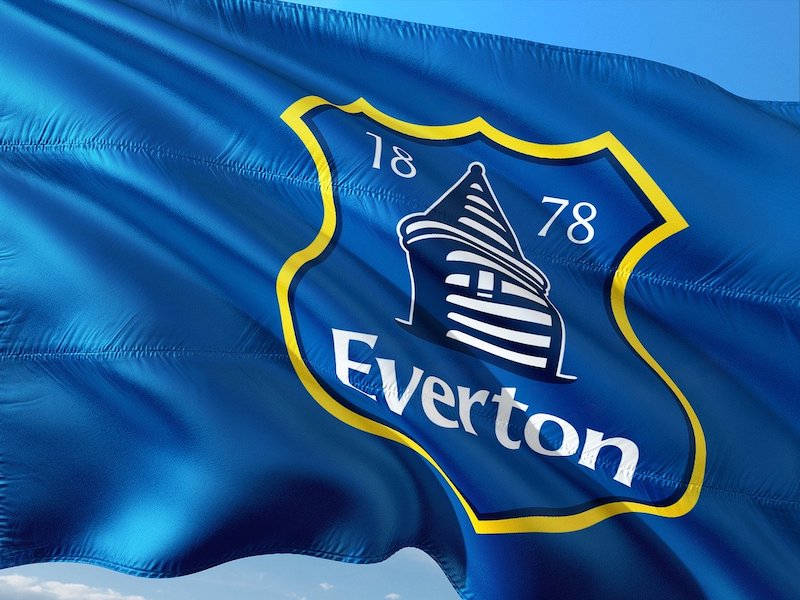By Victor Martins, FootballPredictions.NET, 21:11 16/09/2020
Updated at: 10:27 28/09/2020

Aged only 21, Alan Ball was the youngest player in the England squad of 1966 that won the World Cup. Going into the tournament, Ball was plying his trade for a struggling Blackpool side in the old First Division.
However, his impressive performances for Alf Ramsey’s England caught the attention of some of the biggest clubs in England. Shortly after the Three Lions lifted the World Cup at Wembley, Ball signed for Everton.
Following continued dazzling performances for the Toffees, Arsenal parted with a then British record transfer fee to sign the combative midfielder. The fee stood at around £220,000 and Ball left Merseyside for North London in 1971.
Arsenal were able to sign Ball in the prime of his career due to a few crucial factors which convinced Everton to let their star player leave. Ball had spent five years at Goodison Park and won two trophies while wearing their famous blue strip.
Impact for the Toffees
The summer of 1966 was an exciting time for English football as the league entered the 1966/67 season. Both teams on Merseyside were equally optimistic, with Liverpool entering the campaign as reigning First Division champions and Everton lifting the FA Cup prior to the start of the World Cup.
Two weeks after the traditional curtain-raising Community Shield match, Ball became an Everton player. By joining the Toffees, he was once again linking up with fellow World Cup winner, Ray Wilson.
Watch some of Ball's skills on display for Everton against Manchester United here:
The signing of Ball highlighted Everton’s financial muscle and pulling power at the time, as they faced stiff competition for the midfielder’s signature. Ball endeared himself to the Everton faithful by scoring many memorable goals in derby matches.
Perhaps his biggest derby day goal came in an FA Cup tie against Liverpool. The match was arguably the most-watched clash between the two sides, with Liverpool setting up eight giant screens at Anfield for supporters to watch the match that was hosted at Goodison Park.
Ball scored the only goal of the game, as Everton ground out a 1-0 victory.
When his time at the club came to an end, Ball had won the 1969/70 First Division title and the 1970 Charity Shield.
British Record Transfer Fee
One of the main deciding factors that saw Ball leave Everton for Arsenal was the then-record British transfer fee the Gunners were willing to pay. By accepting the £220,000 offer, the Toffees had doubled their investment in Ball.
The decision to sell reverberated around Merseyside, with many Everton fans feeling shocked and saddened by his departure.
Ball was, of course, a World Cup winner and a title winner, while also being Everton captain. His appearances and world-class performances were synonymous with the manager Harry Catterick’s reign at the club, and the decision is still questioned today by some Everton fans to this day.
Double-Winning Gunners
The pulling power of Arsenal only grew stronger following the 1970/71 season, in which the Gunners won both the First Division title and the FA Cup.
Conversely, throughout the season Everton had struggled to compete and finished in an underwhelming 14th place in the league table.
The prospect of joining the best team in the country and potentially adding to his trophy cabinet proved too strong for Ball, who in accordance with Catterick, believed that the move was in his best interest.
Ball joined an Arsenal team that was full of legendary Gunners, including Pat Rice, George Graham, George Armstrong and Charlie George.
‘Bally’s’ Legacy
The England international unfortunately left Highbury empty-handed in terms of trophies, when he left for Southampton in 1976. By joining the Saints he had joined the FA Cup holders with each of his last three moves.
Ball is one of England’s best-loved players and he finished his career with a short stint at Bristol Rovers following spells in America, as well as brief returns to Blackpool and Southampton.